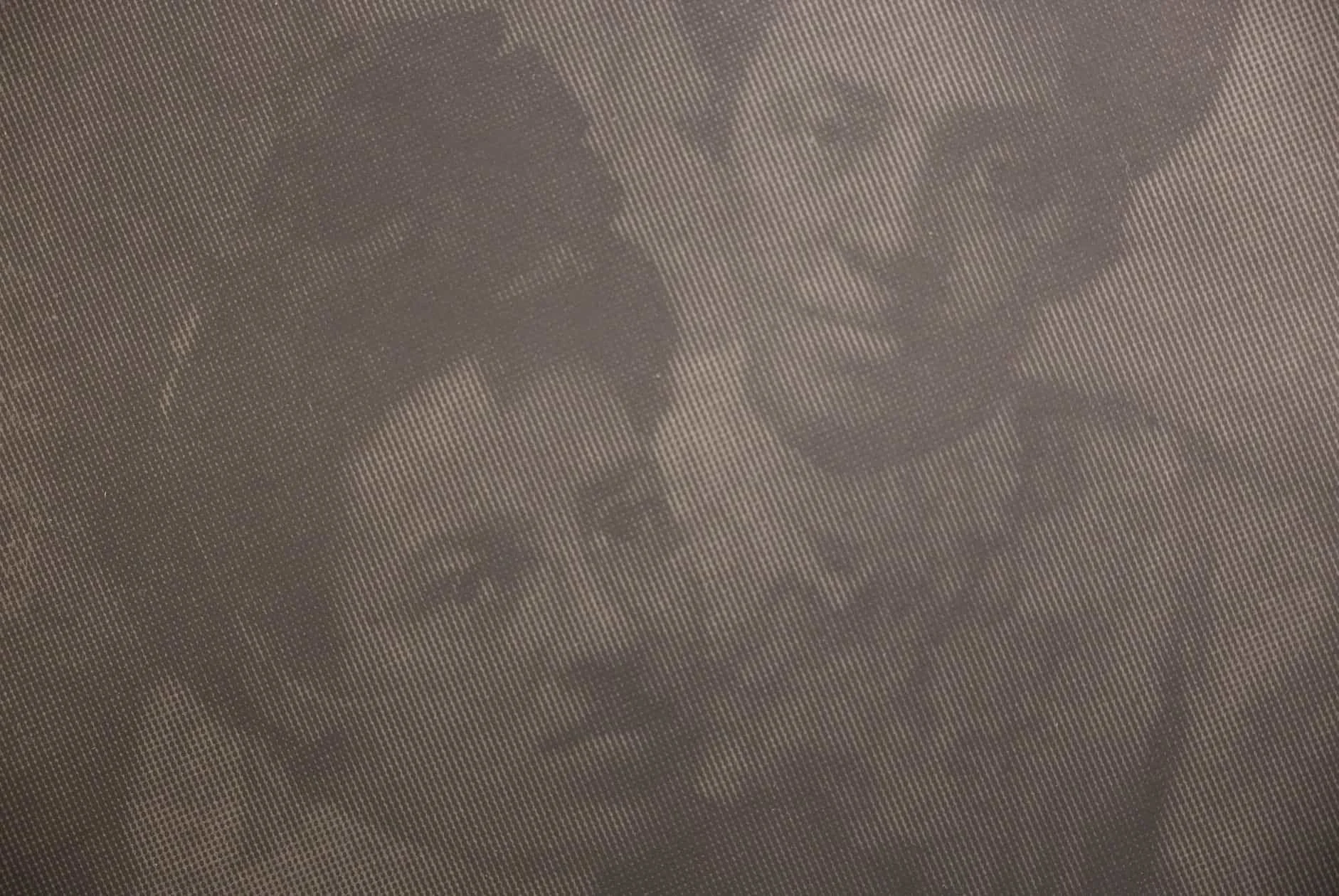LANGUAGES OF INVISIBILITY, DEVALUATION, AND TRIUMPH
Dean’s Forum on Inclusion + Equity, University of Virginia School of Architecture
2024
LANGUAGES OF INVISIBILITY, DEVALUATION, AND TRIUMPH
Dean’s Forum on Inclusion + Equity, University of Virginia School of Architecture
Campbell East Wing Gallery
University of Virginia, Charlottesville, VA
As a Black woman, Veronica Jackson is often not seen nor acknowledged by her fellow citizens when in their presence. For instance, once while standing in line at a Whole Foods Market a white man navigated around her and proceeded to the cashier as if she were not there. When Jackson confronted him, he stated, “No one was here. I literally just walked up and stood in line.” In other words, he did not see her.
This incident and others like it inspired Jackson to create work that explores invisibility and devaluation. To represent these specific concepts, Jackson chose to exhibit three different versions of an artwork she considers foundational to her practice.
BLACKTIVISTS consists of twelve silkscreened portraits of thirteen relatively unknown and overlooked Black women activists. The technique of silk-screening black ink on black paper symbolizes the invisibility, devaluation, and barely acknowledged essence of Black women’s stories. However fabricating the work in different mediums allows Jackson to augment her overarching concepts. For instance, in addition to invisibility and devaluation, this installation’s title also includes the word “Triumph.”
Expanding upon her original BLACKTIVISTS series, Jackson also produced portraits on translucent white glass, and on white paper with silver ink and a sifted layer of silver holographic glitter. These iterations make the women’s visages immediately more legible than their counterparts in black—they are apparent and evident. Thus Triumph is conceptualized; one does not have to search to “see” their likeness. Together the portraits speak to the efforts involved in recovering and acknowledging these significant figures, whose lives have been obscured by racism and misogyny for too long.






